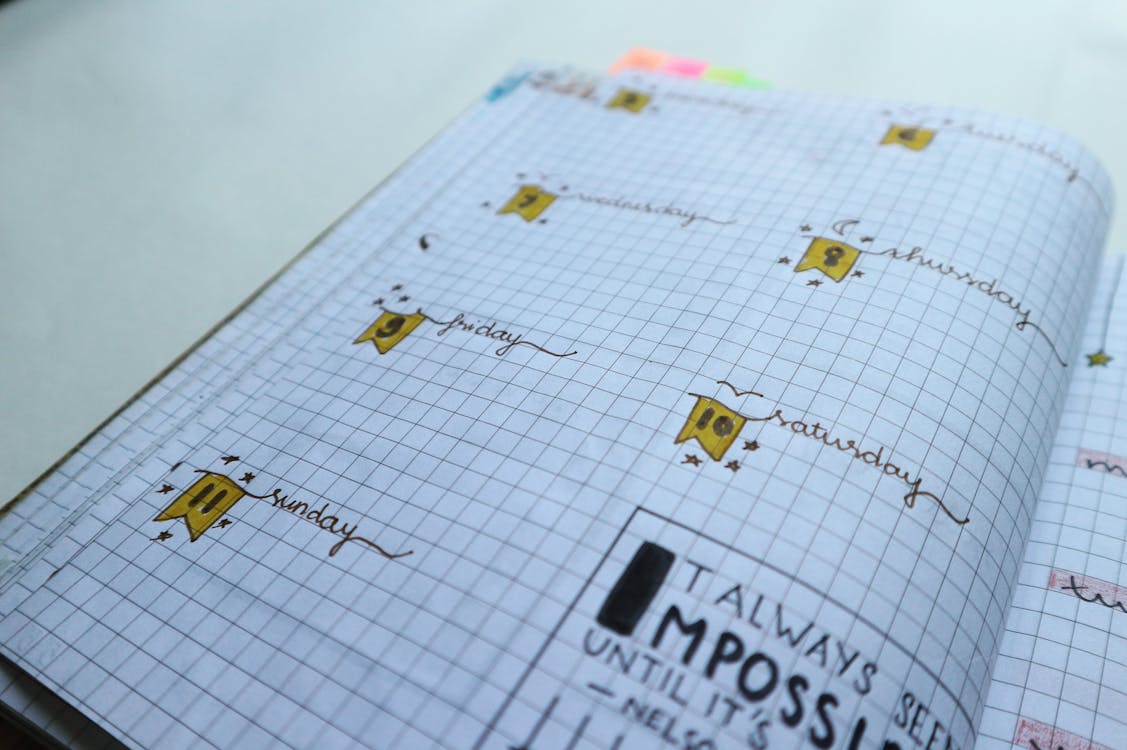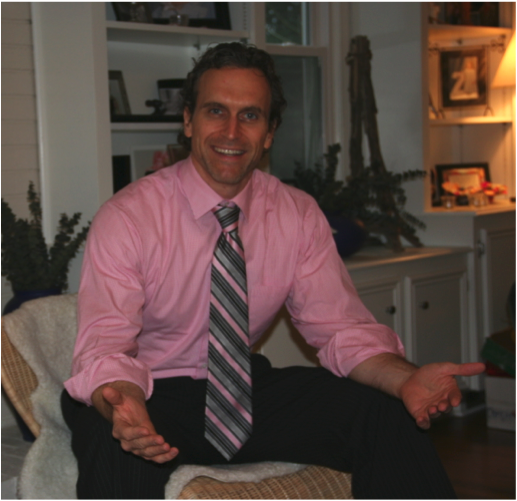(this is the 2nd post in a series on the need for “________…in the Face of Fear”)
Over the last few weeks of the current pandemic I’ve lost count of how many times I’ve heard the phrase – “I don’t even know what day it is any more, they all flow together.” … it feels like regular routines no longer apply, social interactions are completely different, free movement is constrained…
As I was thinking about this challenge I was reminded of a practical testimonial I recently read in a prominent business journal. It was about a CEO who said that the simple habits, like beginning each day by making his bed every morning, gave him a sense of grounding, control and rhythm for the day…even if he knew the rest of the day might include significant uncertainty.

While the habit of “making your bed” might seem very trivial at face value, the idea of “regular rituals & routines” underscores a key principle –
“in the face of ambiguity and uncertainty, taking control of ‘what can be done’ is often the key to finding the answer to ‘what should be done’.”
It highlights the critical importance of establishing routines to counter feelings of being lost, drifting or fearful, helping the mind to regain a sense of focus and have clarity for the task at hand. Things like – making the bed, when to drink coffee, time for exercise, when to look at the mail, when to clean the house, meals with the family, time for breaks, when to read, etc…
Why are these seemingly mundane routines important? Here are some of the reasons they’re so beneficial:
- Focus – while habits don’t guarantee an outcome, they exponentially increase the likelihood of them (ex setting aside “time to communicate with coworkers” doesn’t necessarily mean you’ll have healthy relationships, BUT it’s certain you won’t have healthy relationships if you don’t make time to communicate)
- Effectiveness – they provide structure to make sure priorities get done
- Rhythm – a cadence for the day that gets you up, moving and into a sense of flow
- Peace of mind – habits are stress reducers, as predictability reduces anxiety about the “what and when”
- Space – including regular “non-working times” means that rejuvenation will actually happen
- Boundaries – regular start/stop times to mitigate the overflow of something at the expense of another (ex work, rest, etc.)
So, when you look at your agenda, your routine, you’re day…where do you feel lost or stressed?…where do you see gaps? Where might these be symptoms of a need for rituals and habits that might begin giving you control over “what can be done?”
picture: www.pexels.com




